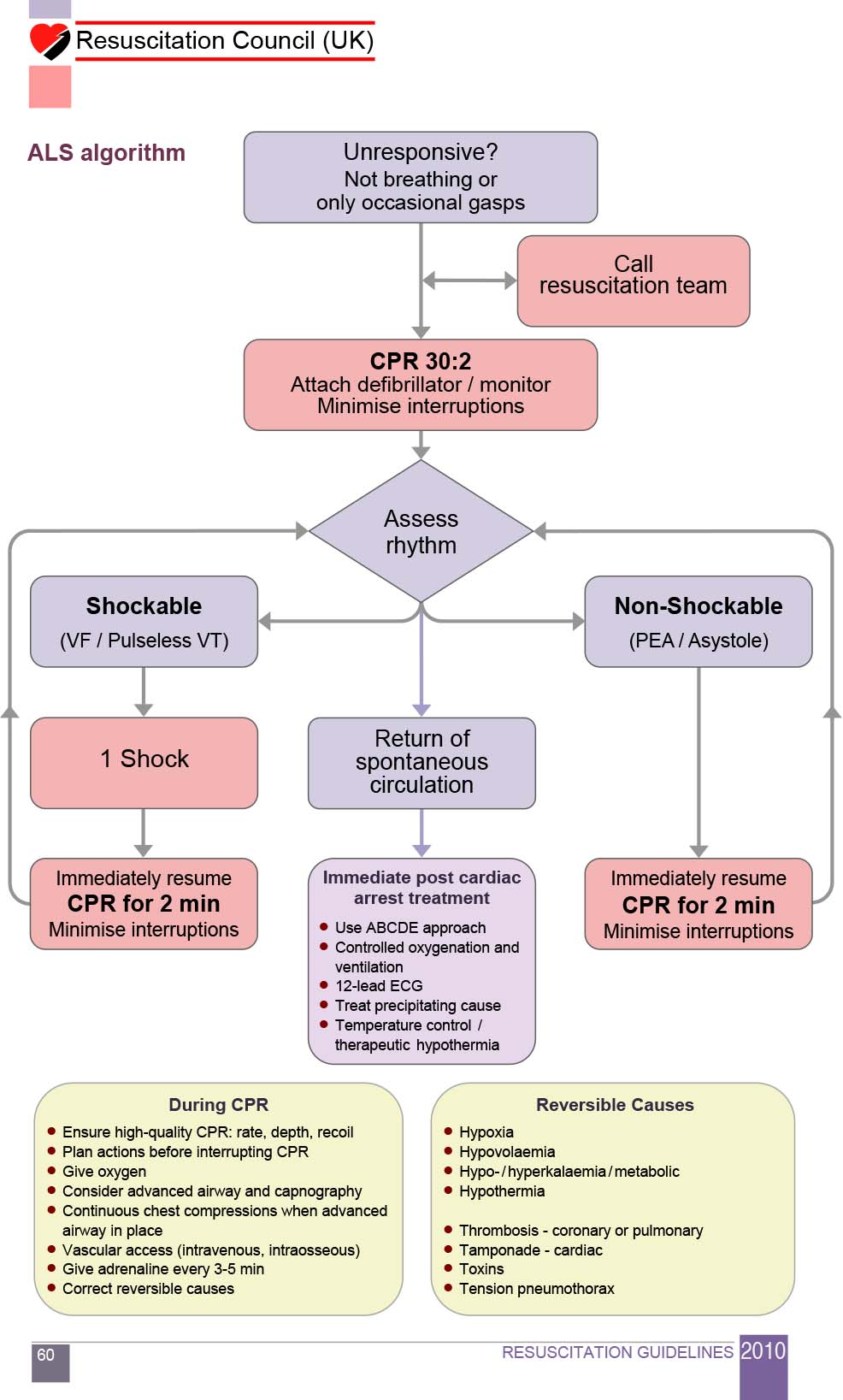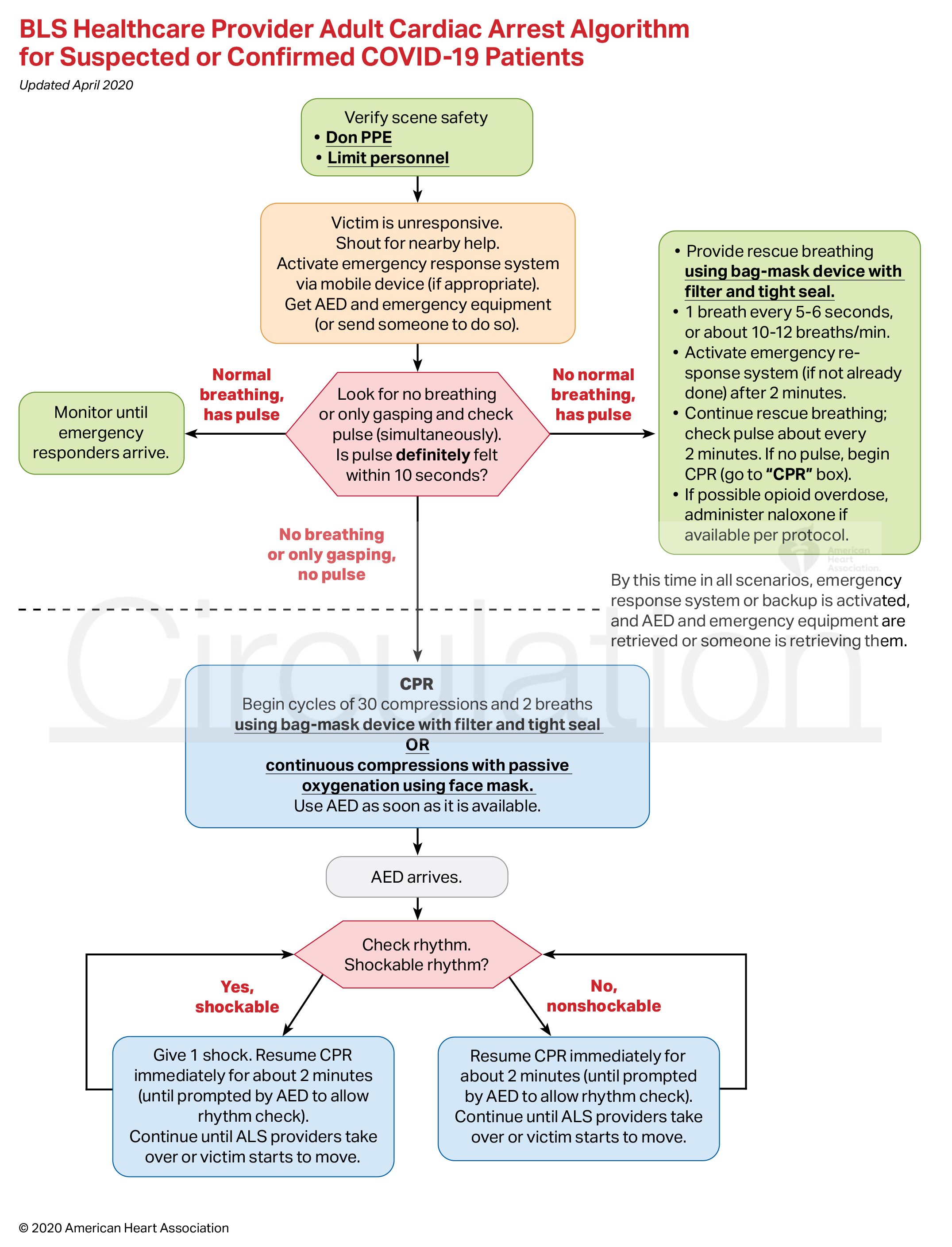Nursing Diagnosis For Cardiac Arrest - This piece discusses different nursing diagnoses used when a patient suffers from cardiac arrest. It also reviews what needs. Myocardial infarction most commonly due to occlusion (blockage) of a coronary artery following the rupture of a.
It also reviews what needs. This piece discusses different nursing diagnoses used when a patient suffers from cardiac arrest. Myocardial infarction most commonly due to occlusion (blockage) of a coronary artery following the rupture of a.
Myocardial infarction most commonly due to occlusion (blockage) of a coronary artery following the rupture of a. This piece discusses different nursing diagnoses used when a patient suffers from cardiac arrest. It also reviews what needs.
Cardiac arrest algorithm Acls algorithm, Acls, Emergency nursing
It also reviews what needs. This piece discusses different nursing diagnoses used when a patient suffers from cardiac arrest. Myocardial infarction most commonly due to occlusion (blockage) of a coronary artery following the rupture of a.
Emergency Nursing A Guide to Triage, Basic Life Support, Advanced
Myocardial infarction most commonly due to occlusion (blockage) of a coronary artery following the rupture of a. It also reviews what needs. This piece discusses different nursing diagnoses used when a patient suffers from cardiac arrest.
Navigating the Heart's Crisis Nanda Nursing Diagnoses for Myocardial
It also reviews what needs. Myocardial infarction most commonly due to occlusion (blockage) of a coronary artery following the rupture of a. This piece discusses different nursing diagnoses used when a patient suffers from cardiac arrest.
Cardiac Arrest Algorithm Download Scientific Diagram vrogue.co
Myocardial infarction most commonly due to occlusion (blockage) of a coronary artery following the rupture of a. This piece discusses different nursing diagnoses used when a patient suffers from cardiac arrest. It also reviews what needs.
Cardiac Arrest Oxford Medical Education
Myocardial infarction most commonly due to occlusion (blockage) of a coronary artery following the rupture of a. It also reviews what needs. This piece discusses different nursing diagnoses used when a patient suffers from cardiac arrest.
ACEP // Cardiac Arrest
Myocardial infarction most commonly due to occlusion (blockage) of a coronary artery following the rupture of a. It also reviews what needs. This piece discusses different nursing diagnoses used when a patient suffers from cardiac arrest.
Management of cardiac arrest in the cardiac catheterisation laboratory
It also reviews what needs. This piece discusses different nursing diagnoses used when a patient suffers from cardiac arrest. Myocardial infarction most commonly due to occlusion (blockage) of a coronary artery following the rupture of a.
Adult cardiac and postcardiac arrest care algorithms Download
It also reviews what needs. This piece discusses different nursing diagnoses used when a patient suffers from cardiac arrest. Myocardial infarction most commonly due to occlusion (blockage) of a coronary artery following the rupture of a.
Differential diagnosis of cardiac arrest in pregnant patients
Myocardial infarction most commonly due to occlusion (blockage) of a coronary artery following the rupture of a. This piece discusses different nursing diagnoses used when a patient suffers from cardiac arrest. It also reviews what needs.
Figure 1 from Guideline for resuscitation in cardiac arrest after
Myocardial infarction most commonly due to occlusion (blockage) of a coronary artery following the rupture of a. This piece discusses different nursing diagnoses used when a patient suffers from cardiac arrest. It also reviews what needs.
It Also Reviews What Needs.
This piece discusses different nursing diagnoses used when a patient suffers from cardiac arrest. Myocardial infarction most commonly due to occlusion (blockage) of a coronary artery following the rupture of a.









